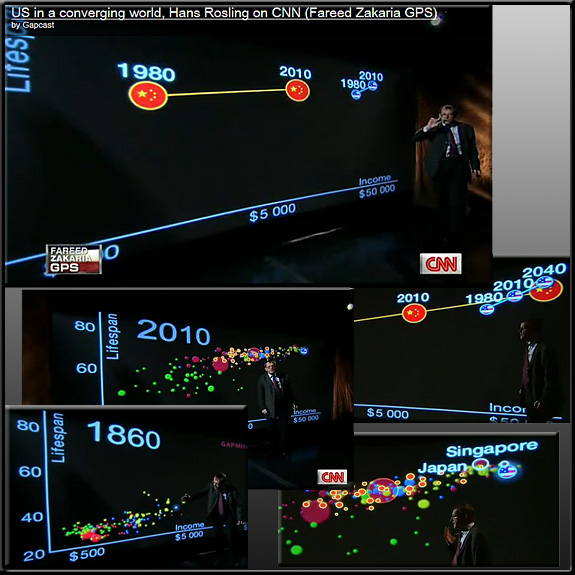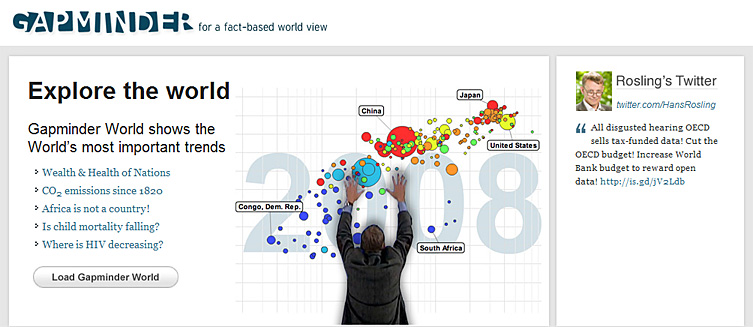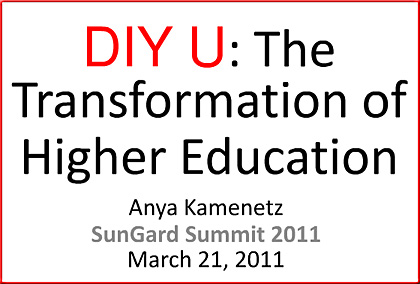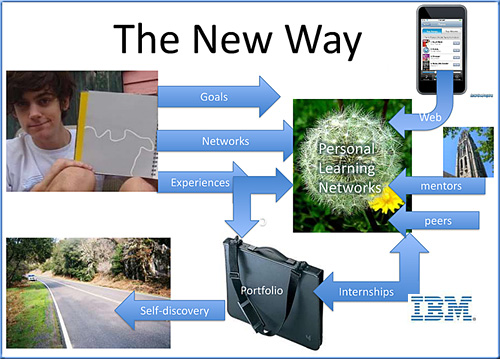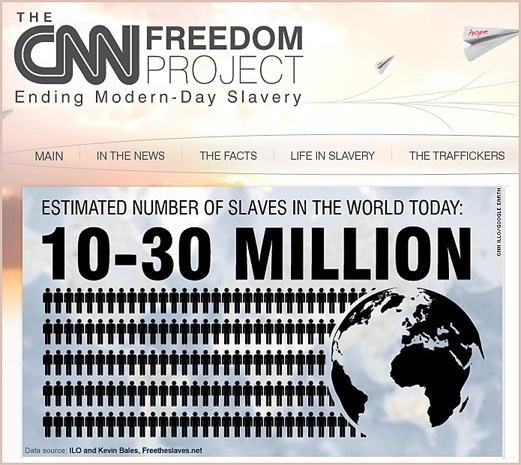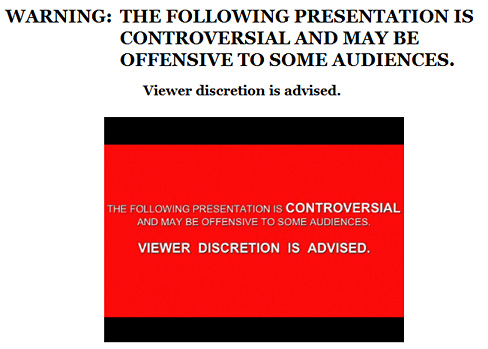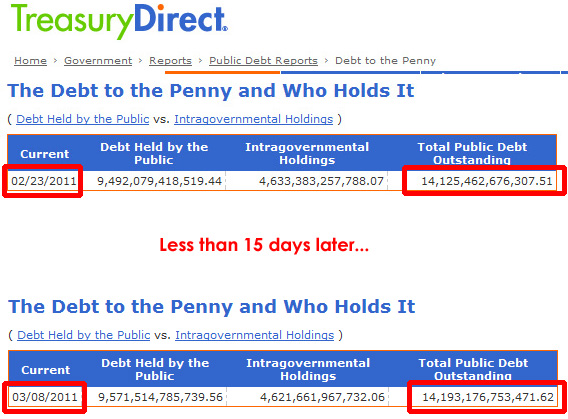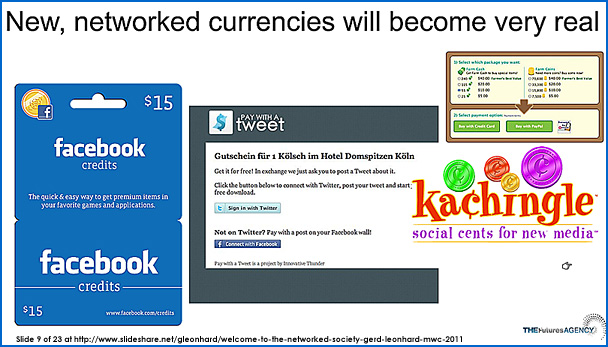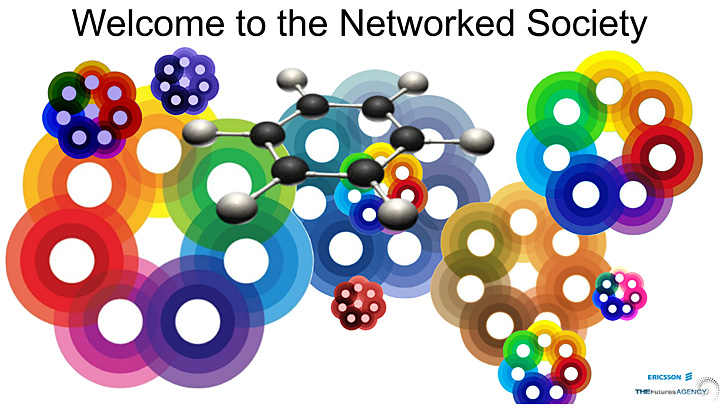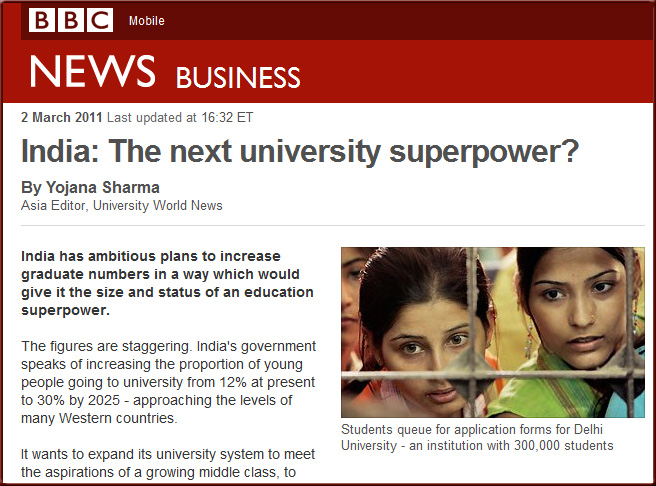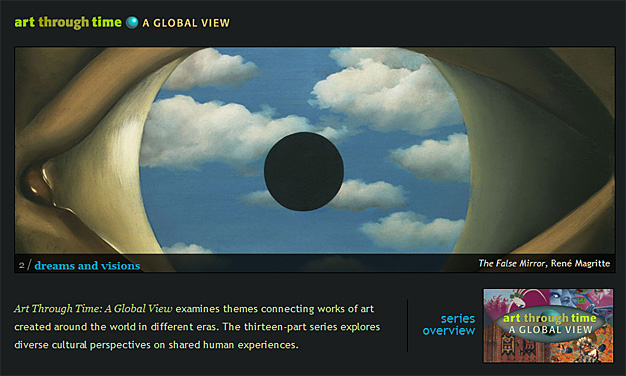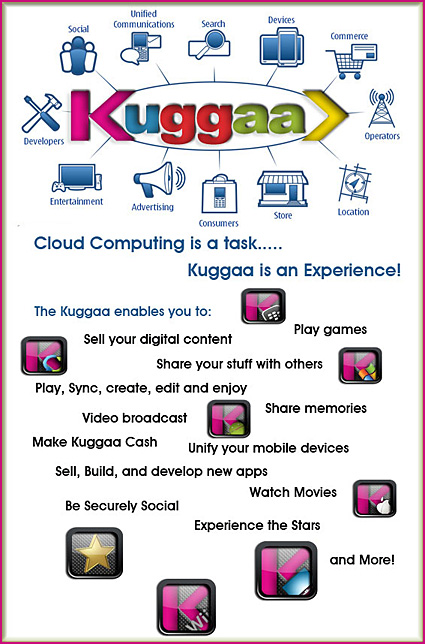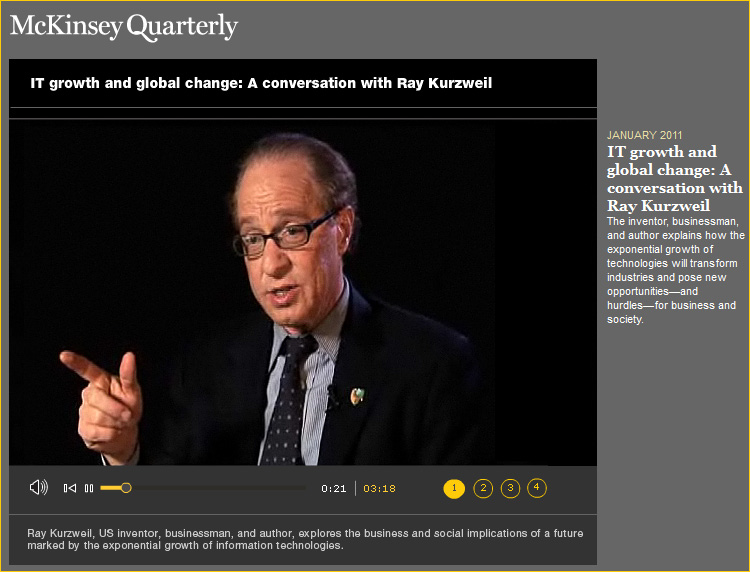From DSC:
On February 24th, I saw this piece at Forbes.com — > USA Inc.: Mary Meeker’s Deep Dive Into The Federal Budget
Excerpt:
“By the standards of any public corporation, USA Inc.’s financials are discouraging,” she writes in an introduction to the report. “True, USA Inc. has many fundamental strengths. On an operating basis (excluding Medicare and Medicaid spending and one-time charges, the federal government’s profit and loss statement is solid, with a 4% median net margin over the last 15 years. But cash flow is deep in the red (by almost $1.3 trillion last year, or ~$11,000 per household) and USA Inc.’s net worth is negative and deteriorating. That net worth figure includes the present value of unfunded entitlement liabilities but not hard-to-value assets such as natural resources, the power to tax or mint currency, or what Treasury calls ‘heritage’ or ’stewardship assets’ like National Parks. Nevertheless, the trends are clear, and critical warning signs are evident in nearly every data point we examine.
…
She points out that Congressional Budget Office data suggests that by 2025 all of the government’s income will go to entitlement spending and interest payments, leaving nothing for any other expenditures.
From DSC:
The day before, I had seen a video mentioned on TV. From the mentioned URL, I checked the majority of it out. It made me ask, “Is this for real!!!???”
Most likely it is just a sales pitch. But the underlying concept of the growing national U.S. debt is not a joke — and, if not reversed, could have a serious affect on global economies.
As I don’t know, I’m seeking input/feedback from any and all economists out there! If what he is saying is even remotely true, the financial aftershocks will be felt throughout the world. Below are my reflections/questions on that potentially-very-important topic/perspective.
.
I’m not sure what I think about a video that I ran across the other day. I’m referring to a video done by Porter Stansbury, founder of Stansberry & Associates Investment Research. I saw the URL posted on a cable TV station, referencing a URL/video at:
- EndOfAmerica2011.com
Note: This video is a long video, running 1:17:41; a transcript of the video is provided here.
While I’m not big on the latter part of the video/piece where he pitches some potential investing solutions and reports, (and, NOTE: I do not mean to endorse any strategy he may be talking about nor is this posting meant to get into investment strategies or advice!)
I studied Economics at Northwestern years ago and several things this gentleman says in this video seemed within reason/feasible. Also, I have heard a variety of economists (here in the United States) through the years voicing their concerns about the enormity of the growing level of federal debt and the amount of our debt being owned by other countries.
(As an aside, people don’t like to hear bad news and we don’t vote the rare politicians into office who actually stand up and tell us what we really need to do to fix whatever mess we were/are in. I’ve noticed that in the world of higher education, many don’t like to hear news of the disruptions already underway either.)
Spiritually speaking, America has pushed the LORD out of the public square for so long, that it wouldn’t surprise me at all to see our nation continue its steep and rapid decline. Throughout history, nations have come and gone…risen and fallen…why should we be any different? (Blessed is the nation whose God is the LORD…Psalm 33:12 — and conversely…)
By way of a quick piece of research I did — this page on their website claims that the total outstanding debt of the U.S. Federal government is $14.131 trillion — which appears to be true:
Questions:
- Is this presentation for real? Are the facts and figures accurate?
- Could these things occur? Are there grounds to his assertions/predictions?
- Have these things happened to nations in the past? If so, under what conditions?
- Would some macroeconomics professor or an international business class review this video and get to the bottom of his arguments and assertions?!?
It’s very real world and students could work to try and pick apart the various arguments/assertions/implications mentioned therein. Prove if this is a scam or not.
Disrupting College: How disruptive innovation can deliver quality and affordability to postsecondary education— from americanprogress.org by Clayton M. Christensen, Michael B. Horn, Louis Soares, Louis Caldera
This emerging disruptive innovation—online education—also presents an opportunity to rethink many of the age-old assumptions about higher education.
Excerpt:
The theory of disruptive innovation has significant explanatory power in thinking through the challenges and changes confronting higher education. Disruptive innovation is the process by which a sector that has previously served only a limited few because its products and services were complicated, expensive, and inaccessible, is transformed into one whose products and services are simple, affordable, and convenient and serves many no matter their wealth or expertise. The new innovation does so by redefining quality in a simple and often disparaged application at first and then gradually improves such that it takes more and more market share over time as it becomes able to tackle more complicated problems.
Also see:
Disruption, Delivery and Degrees — from InsideHigherEd.com
WASHINGTON — Many college professors and administrators shudder at comparisons between what they do and what, say, computer or automobile makers do. (And just watch how they bristle if you dare call higher education an “industry.”) But in a new report, the man who examined how technology has “disrupted” and reshaped those and other manufacturing industries has turned his gaze to higher education, arguing that it faces peril if it does not change to meet the challenge. The report, “Disrupting College,” was also the subject of a panel discussion Tuesday at the Center for American Progress, which released the report along with the Innosight Institute. (A video recording of the event is available here.)
Teetering between eras: higher education in a global, knowledge networked world — from emeraldinsight.com by Gail O. Mellow and Diana D. Woolis, (2010)
Findings – There are three fundamental and monumental changes that will profoundly alter the field of higher education in the next several decades: the globalization of higher education; the impact of technology on changing definitions of students, faculty and knowledge; and the impact of the marketplace on the basic “business model” of higher education. The paper describes how each of these three forces will reshape higher education, while identifying factors that may accelerate or inhibit the impact of these influences.
.
.
Gail O. Mellow, Diana D. Woolis, (2010) “Teetering between eras: higher education in a global, knowledge networked world”, On the Horizon, Vol. 18 Iss: 4, pp.308 – 319
Egyptians gathering for protests in Cairo, via @mccarthyryanj on Twitter
.
From DSC:
As I was briefly reviewing the following links…
- Egypt Goes Dark, Cuts Off Internet And Mobile Networks — from Forbes.com by Parmy Olson
- Internet Rallies Behind Egypt In An Attempt To Restore Communication — from techland.com by Allie Townsend
- How Egypt Cut Off the Internet (and How a U.S. ‘Kill Switch’ Might Work) — from techland.com by Doug Aamoth
- What’s fueling Mideast protests? It’s more than Twitter — from wired.co.uk by David Kravets
…I began reflecting on the predicament that online-based learners would have if suddenly their government pulled the plug on the Net. As we become more connected, what are the costs/dangers of being disconnected? Of being connected? If there was some serious cyberwarfare going on, would a government be forced to pull the plug?
NOTE:
I don’t mean to make any judgments concerning these events — rather, I mean to ask the above questions from a teaching and learning standpoint only.
Addendum on 2/4/11:
- Could the U.S. shut down the internet? — from cnn.com









